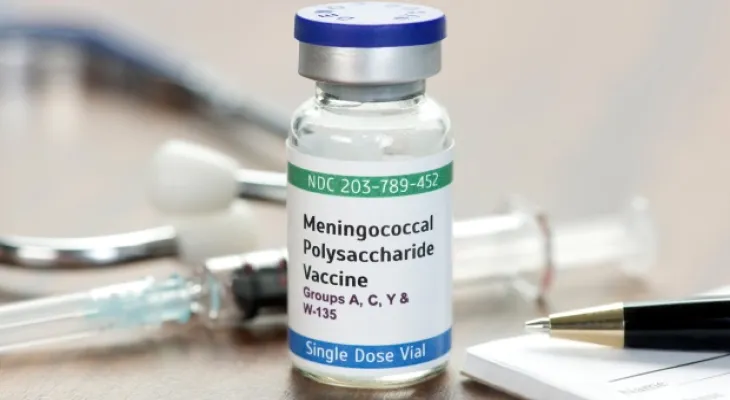Search here
Newspaper
Search here

Arab Canada News
News

Published: June 7, 2024
Toronto public health officials are raising concerns about the increase in cases involving "potentially life-threatening bacterial infections" and are warning residents to ensure they are vaccinated.
The Toronto Public Health says that there have been 13 cases of invasive meningococcal disease (IMD) so far this year, including two that were fatal. Officials say this represents the largest total number of confirmed IMD cases in any year since 2002.
"IMD is caused by the bacteria Neisseria meningitidis," the Toronto Public Health warned in a press release issued on Friday morning, stating that these diseases can often be severe and potentially fatal, and may include infections in the lining of the brain and spinal cord (meningitis) and bloodstream.
Public health officials explained that several other countries have also reported increases in IMD cases this year, including the United States.
They added that although the disease can affect people of any age, it is more common among children under five as well as unvaccinated adolescents and young adults.
"Parents and guardians and caregivers must ensure that children are vaccinated against IMD. The vaccine is typically given at 12 months of age and in grade seven and is required by the Ontario Student Immunization Law (ISPA). Students who have missed the vaccine can receive it for free from TPH vaccination clinics.
IMD is relatively rare in Toronto, but there have been outbreaks from time to time, including in 2002 when the Toronto Public Health reported simultaneously three cases in individuals born outside Canada in countries where routine vaccination for the disease was not provided for children.
The Toronto Public Health stated in its release on Friday that the reported cases in the city this year occurred "among those who traveled or did not travel outside of Canada."
Officials say people can spread the bacteria that cause the disease by sharing respiratory and throat secretions (saliva or spit) and that its spread generally requires "close or prolonged" contact.
Initial symptoms may include fever, aches, joint pain, headache, stiff neck, and sensitivity to light.
Adults aged 18 to 36 who have not already received the meningococcal vaccine are eligible for free immunization.
Comments